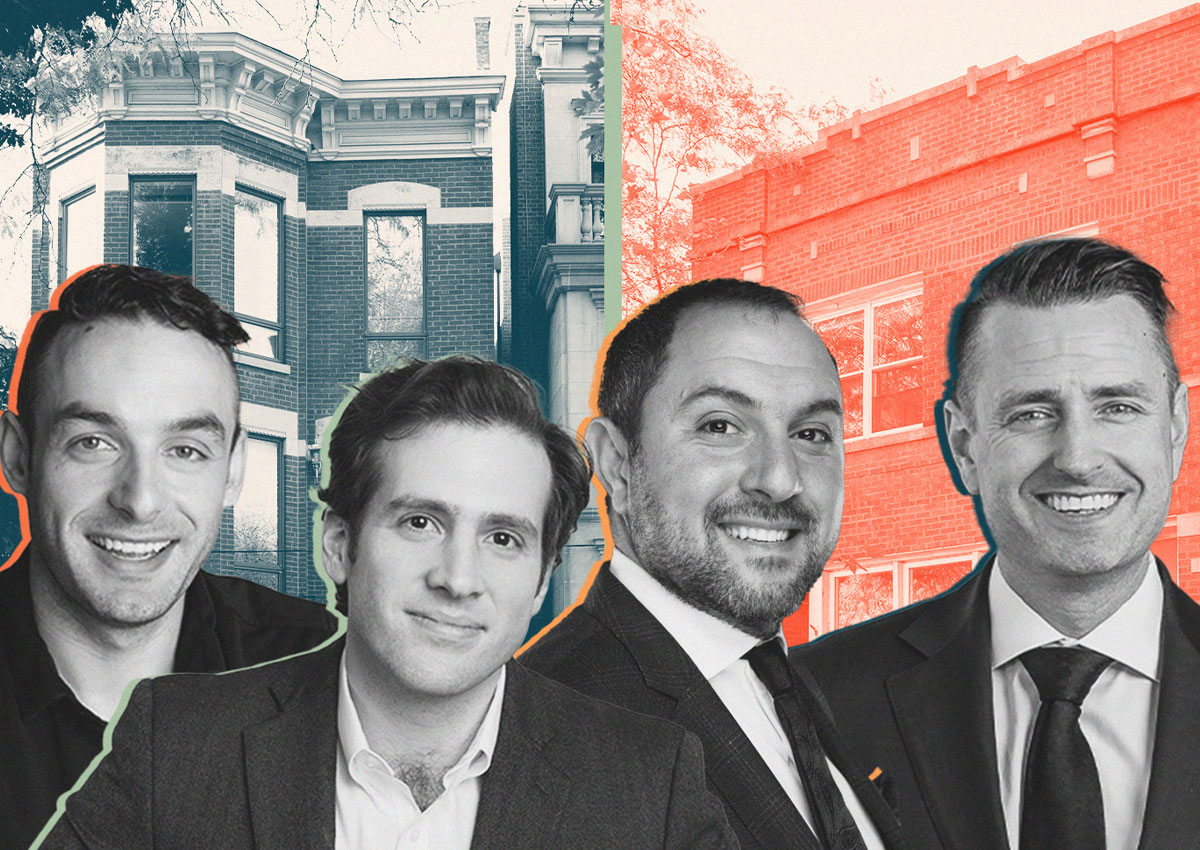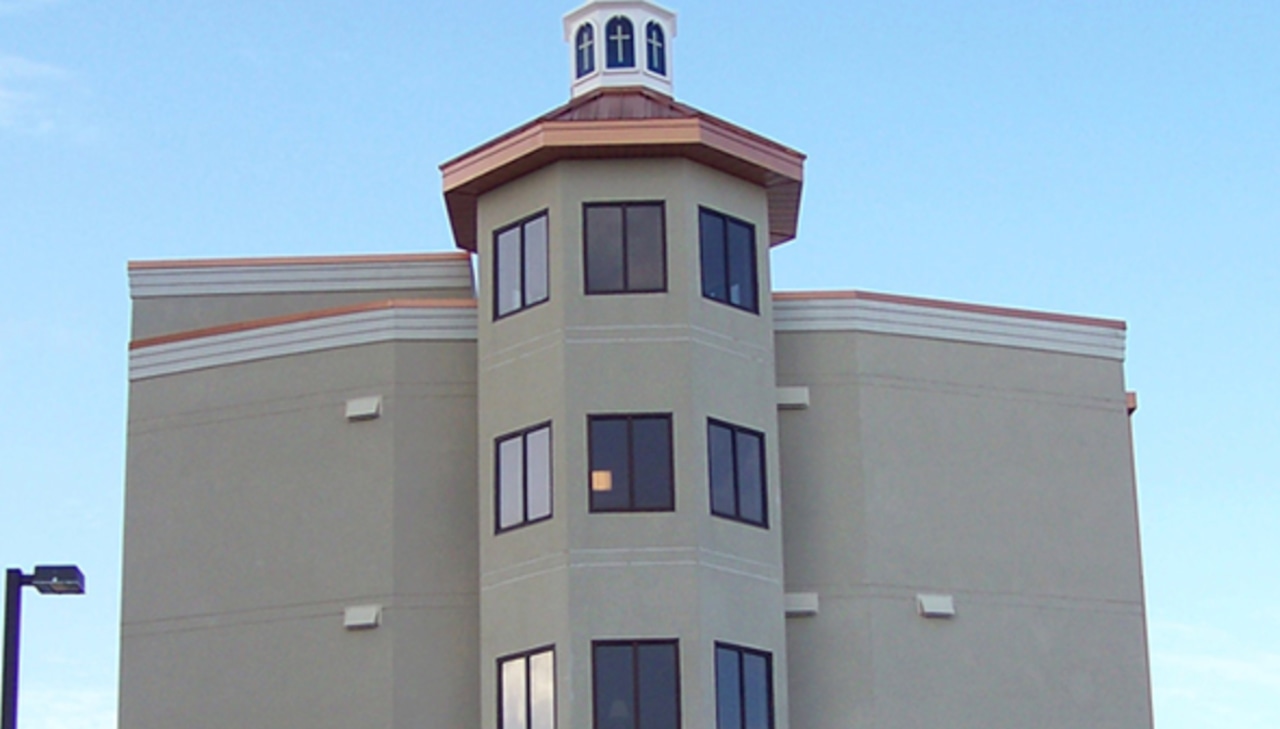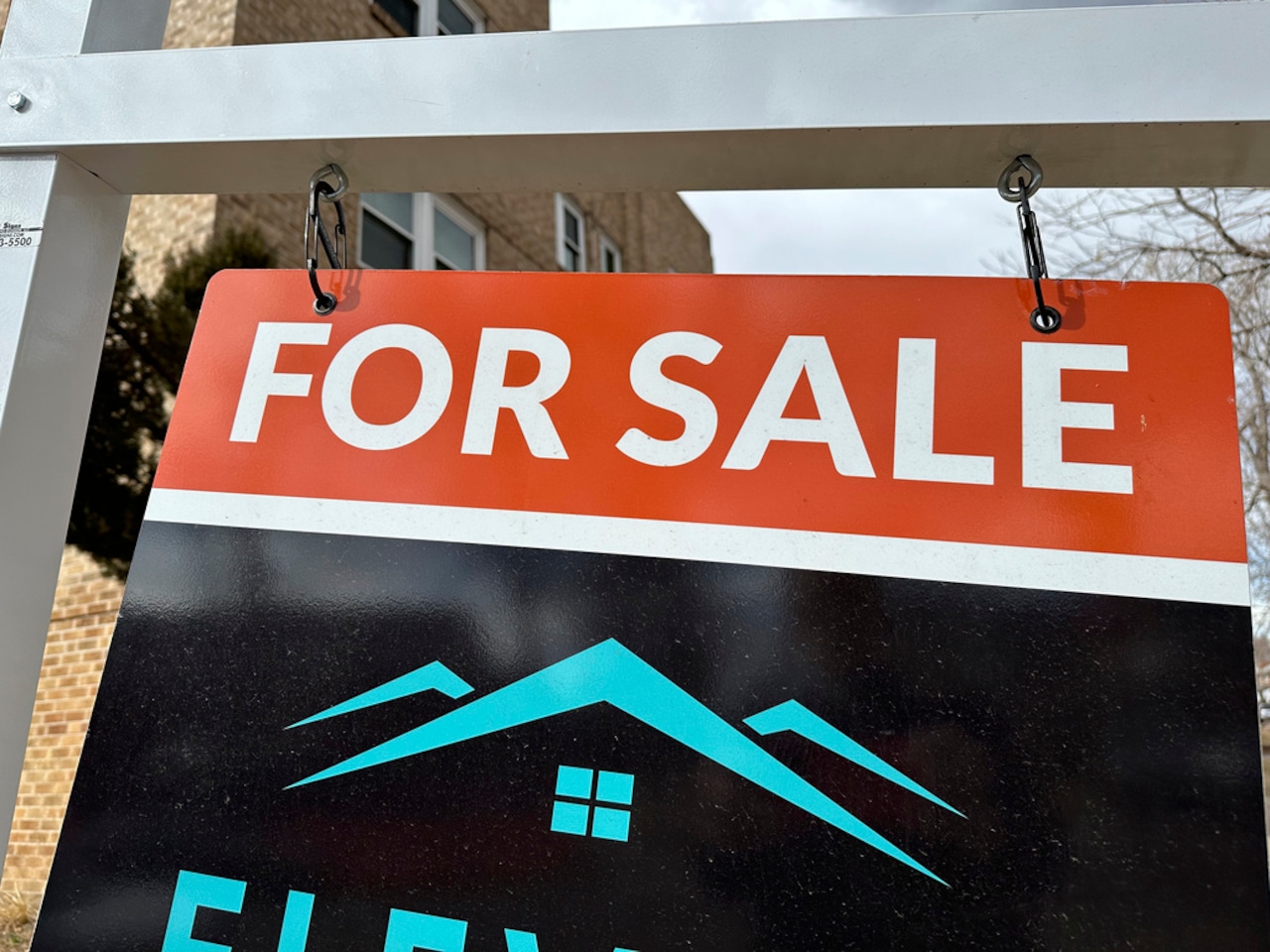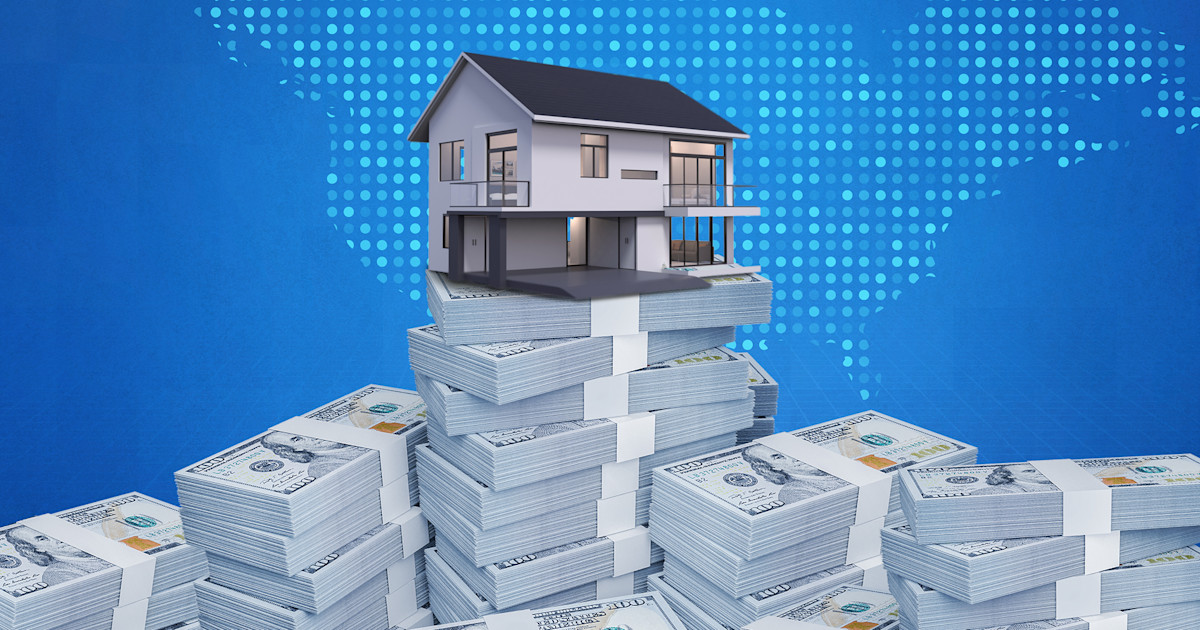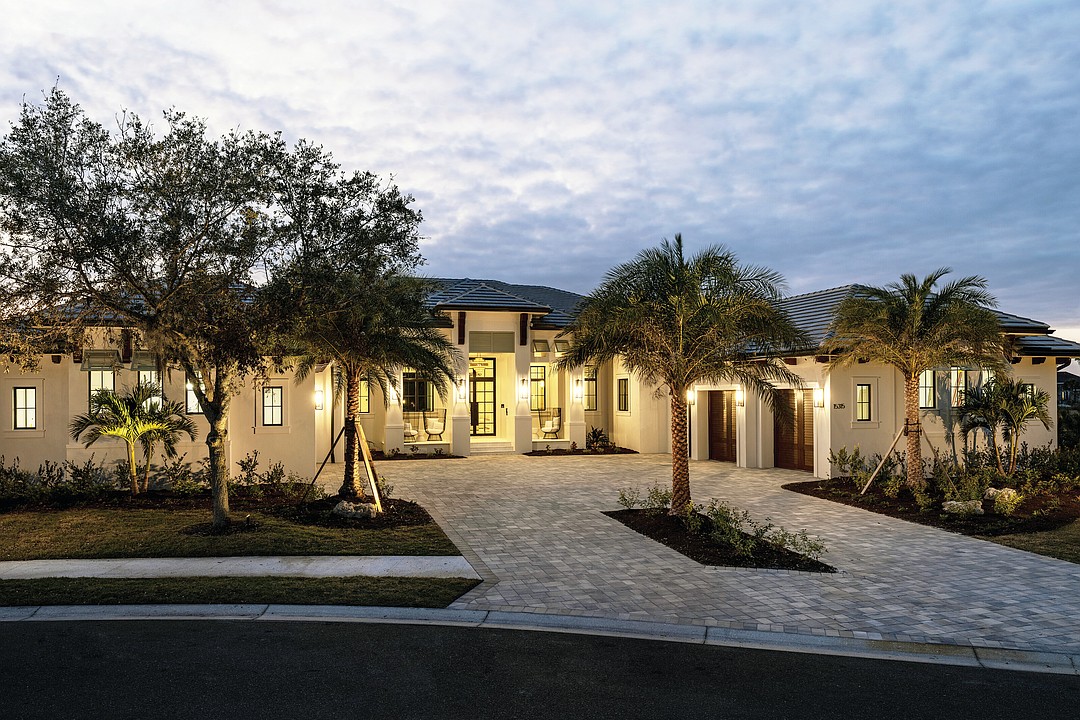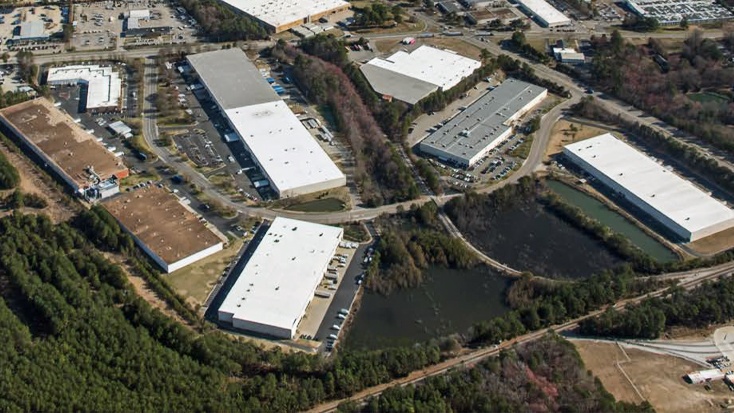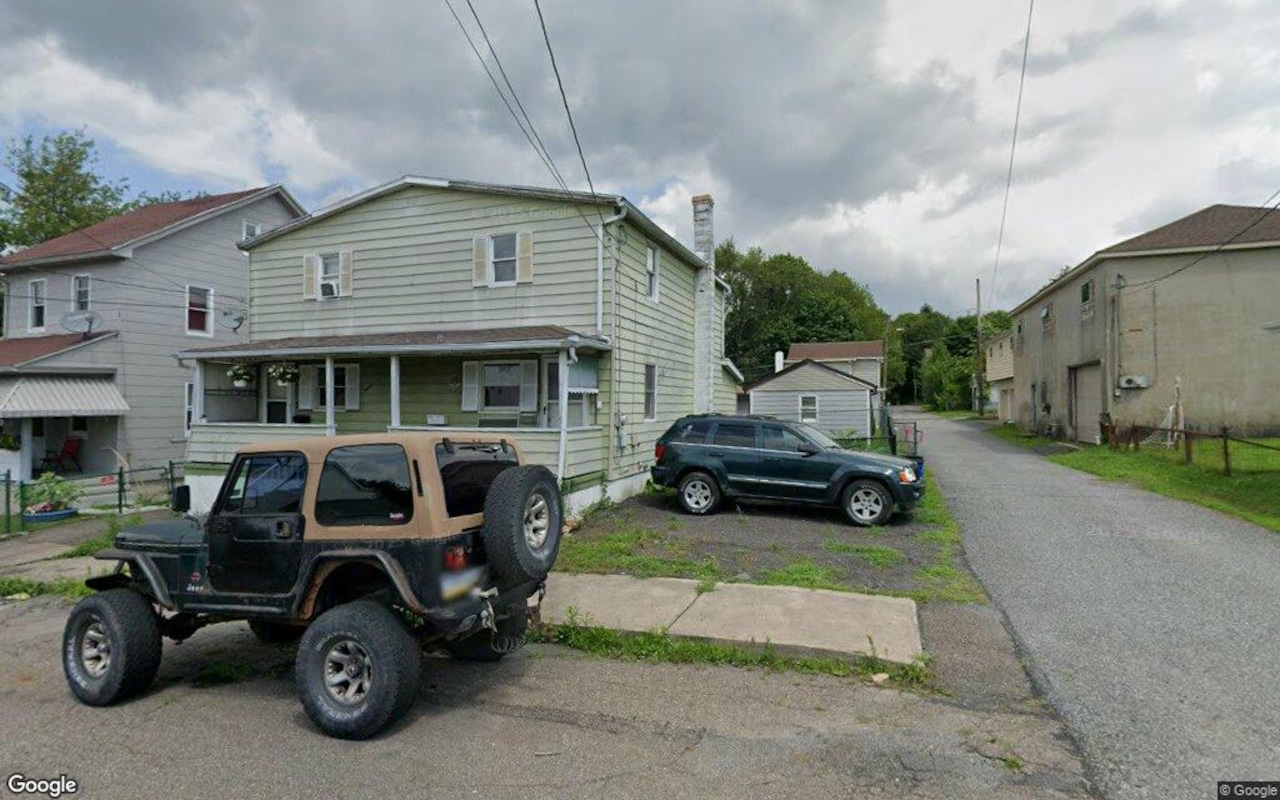I
n Lincoln Park, a rare property like the red brick building at 1704 North Mohawk Street can spark intense interest from developers. The former butcher shop had flexible zoning and no architectural or historical protections, making it an attractive target for those looking to build luxury condos or single-family homes. Charlie Cohen, Cross Street Senior Broker, said that costs associated with rezoning or demolition delays are risks that multifamily developers in Lincoln Park often can't afford to take.
The building sold in an off-market deal last month for $1 million to buyers who plan to tear it down and build a single-family home. This sale highlights the high demand among multifamily developers, despite thinner margins and increasingly scarce land. Cohen represented the buyers and said that they've received offers of over $500,000 above the purchase price.
As demand for condos and smaller multifamily buildings outpaces supply in Lincoln Park, builders are jumping at opportunities to develop budgetable properties. Wealthy individuals are also investing in these projects, viewing them as a way to live in Lincoln Park or give their kids a place to live while benefiting from tax write-offs on depreciation.
However, Matt Laricy, one of Chicago's top residential brokers, warns that demand for downtown high rises will eventually come back around and pull from resale values of Lincoln Park condos. This could spell trouble for investors who aren't in it for the long haul. Developers are looking to off-market transactions as margins thin, and prices continue to rise.
Urban Edge Group recently paid $5.7 million for three homes on North Mohawk Street, planning to tear them down and build an eight-unit luxury condo building. Khaled Gad, Urban Edge's representative, said that the cost of construction is high, but the land is a major factor in their decision-making process. The firm's first project, a 5-unit condo building at 1646 North Orchard Street, is estimated to cost $500,000 per unit to build.
Investors are looking for properties with good locations and turnkey conditions, leading to intense competition when they hit the market. Some buyers are opting for off-market transactions to secure better deals. A three-unit condo building at 2020 North Fremont Street traded hands last month in an off-market sale for $1.75 million.
However, with high property taxes and mortgage interest rates, the rate of return on investments in smaller multi-family buildings in Lincoln Park is low. Cohen said that investors would typically look for a capitalization rate of 6 to 8 percent, but it's nowhere near that now. Some may be looking for 1031 exchanges or tax write-offs, while others are buying properties as a long-term investment or to secure a hard asset in a neighborhood they want to be in for a while.
Laricy warns that investing in multifamily properties in Lincoln Park with the intention of flipping or selling in the next few years may not be a good strategy. He believes that when the downtown market comes back, it will draw demand away from Lincoln Park, potentially affecting resale values.
